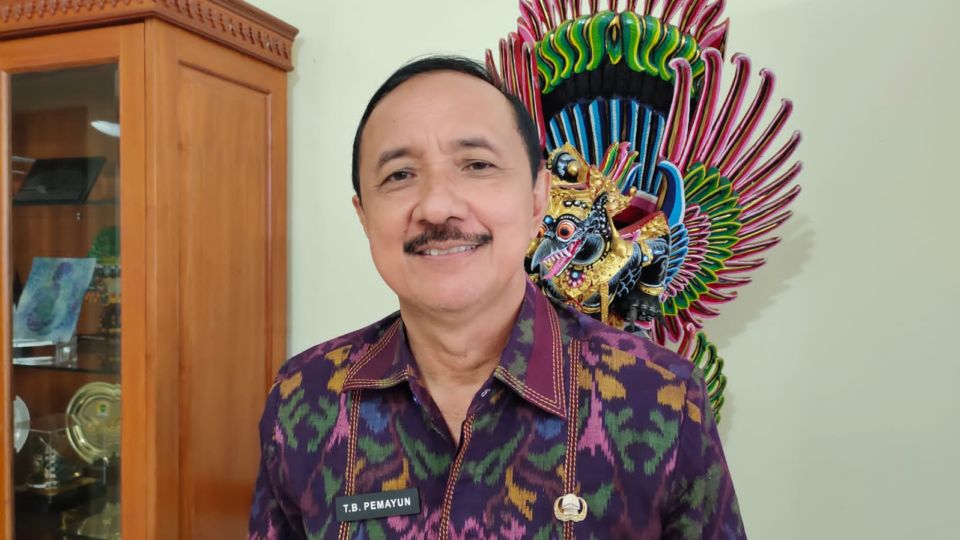Indonesia’s Tourism and Creative Economy Minister Sandiaga Uno has repeatedly outlined the central government’s desire to boost Bali’s tourism sector by introducing a long-term digital nomad visa to cater to sun-seekers who work remotely from the Island of Gods. Acknowledging a trend of digital nomads from around the globe staying in Southeast Asia, he said the government is currently drafting a policy for the visa, which would reportedly entitle one to a five-year stay. Critics say the visa would only worsen the gentrification of Bali, and that there is no guarantee that it would filter out disrespectful, misbehaving tourists.
…they will spend money here and so they will contribute to value-added tax such as from hotels and restaurants. But as for the income tax holiday concept, we don’t know yet.
Tjokorda bagus pemayun
Coconuts Bali sat down with Tjokorda Bagus Pemayun, the head of Bali Province’s Tourism Agency, to talk to him about how close the digital nomad visa is to realization and what it would mean for the island’s tourism industry should it be introduced.
This interview has been edited for clarity.
Would you care to share with us your thoughts as to whether the planned 5-year digital nomad visa is really necessary?
The implementation of a visa specifically for digital nomads is indeed essential. The faster it can be implemented, the better considering the number of digital nomads in Bali is quite huge. Between 2020 and 2021 during the pandemic, there were 6,000 foreigners in Bali, and the majority of them were digital nomads. Digital nomads come to Bali not for a vacation, but to work online and by bringing their jobs from their respective countries. Many of them reside in Bali for a relatively long period of time, so they need to extend their visas a couple of times.
If they are to be given a specific visa with a specific price, a certain period of stay, as well as specific regulations, then the digital nomads will feel more comfortable and it would be easier to supervise them. Of course, they would also contribute to the state’s income.
Does this mean that they will be given a tax holiday or income tax break? Some foreign news sources say that this will be the case for digital nomad visa holders.
The current discussions, as far as I know, are about whether the digital nomad visa would be similar to tourist visas or retirement visas. As for tax holidays, there are no discussions yet and I have not received any information yet from the central government – and I usually do. For me, I think that since they work here, they will spend money here and so they will contribute to value-added tax such as from hotels and restaurants. But as for the income tax holiday concept, we don’t know yet.
What visas are digital nomads in Bali on these days? Is it easy to monitor them?
Currently, digital nomads use tourist visas, and right now it is very difficult to differentiate between regular tourists and digital nomads. If they are on tourist visas, then they are very difficult to supervise and this opens up room for immigration law violations as tourist visa holders are not entitled to work in Indonesia. This is illegal and detrimental for the country and Bali specifically.
How far along are discussions for the digital nomad visa? When will it be introduced?
As of now, Bali’s tourism players are still submitting suggestions related to the digital nomad visa to the central government. Any regulations relating to immigration are in the hands of the Ministry of Law and Human Rights, so I can’t say when the digital nomad visa will be introduced.
What benefits would the digital nomad visa bring to Indonesia as a whole?
If this digital nomad visa is applied with specific regulations, then Indonesia can gain additional state income from the longer stays. The digital nomad’s daily expenditures will impact the region where they reside, such as through accommodation, transportation, and consumption spendings.
Many digital nomads live in accommodations that are locally owned, eat at restaurants for the middle and lower income classes, so their economic impact will be felt by locals. In addition, with a specific visa, digital nomads will be easy to monitor so we can prevent any immigration law violations from them.




